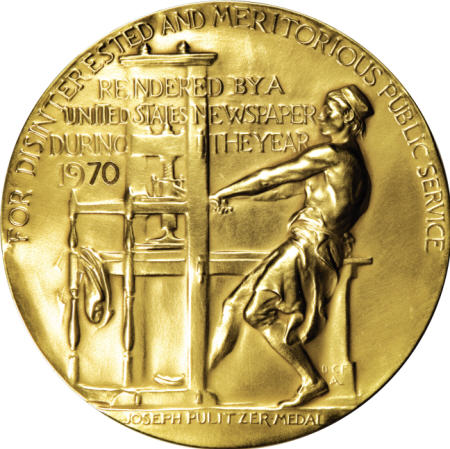John Clute on Cory Doctorow. The Heinlein comparison is significant and important in tracing the mainline of science-fiction.
One good way to detect the secret handshake hidden in plain view in tales by Heinlein or Doctorow is to follow the italics. Both writers—and I suspect a lot of hard SF writers as well—use italics as a kind of decoder ring, as a mechanism designed to shake the truth of a phrase free of the accidents of language. So if Heinlein says “What are the facts? Again and again and again—what are the facts?” (Time Enough for Love, (1973), we know that he is asking us a question heavy with agenda. What he is asking us to understand, clearly enough, is not only that truth can be comprehended and problems solved through what remains when a sensible disciple of Alfred Korzybski has cleared the semantic air, but that facts are the only truth of the matter: and that once the facts are known a Competent Man can clear the road ahead of kipple. And when Doctorow says “Most times, they were too shocked to do anything“—I select almost at random from hundreds of sentences festooned with decoder ring emphases in For the Win—he too is saying that though the truth is still obscure, it remains obtainable, and the truth will make you free.
You can feel story pounding through the arteries of For the Win. What you mainly miss is a villain, perhaps because the book is all too polished a render, all too transparently engineered for victory. There can be no genuine villain here (the manga-derived Chinese boss is simply silly, and Doctorow makes it clear we know he knows he’s silly), because a genuine villain would track bits of realworld all over the speedlines pointing to victory. An author who has a character realize that “Inheritances were handier than he’d suspected” is one) not Charles Dickens, and two) not about to waste any time moongazing at the haecceity of the whatsit.
Penny Rimbaud of Crass on the intraband lawsuit. Much less nasty than the Dead Kennedys, though.
To my mind, the dispute has its root in ideological differences that existed between the individual members of the band. In my understanding, Pete [Wright] was fundamentally a socialist, and socialists like wagging their fingers at anyone except themselves.
He claims to be an anarchist. Well, I claim to be an anarchist, but I’m fundamentally a libertarian and a fierce individualist. I think that does fit into an arena of anarchistic thought. I certainly draw a line at all this stupid anarchistic organization of industry and that sort of stuff, because I’m just not interested. If people want to do that, then I’m not going to criticize them. But frankly, it’s not my thing. My thing is rising with the angels and flying in the sky.
Matt Yglesias on supporting the Iraq War:
When Hillary Clinton, Tom Daschle, Dick Gephardt, John Kerry, Joe Biden, John Edwards, etc. told me they thought invading Iraq was a good idea I took them very seriously. I knew that Carl Levin & Nancy Pelosi were on the other side, but the bulk of the leading Democratic voices on national security and foreign policy issues were in favor of the war. So was Tony Blair. These were credible people whose views I took seriously.
I was 21 years old and kind of a jerk. Being for the war was a way to simultaneously be a free-thinking dissident in the context of a college campus and also be on the side of the country’s power elite. My observation is that this kind of fake-dissident posture is one that always has a lot of appeal to people. The point is that this wasn’t really a series of erroneous judgments about Iraq, it was a series of erroneous judgments about how to think about the world and who deserves to be taken seriously and under which circumstances.
[Commenter Susan says: In other words you were a kid who had no business being given any position of any intellectual import since you didn’t know your ass from a hole in the ground and you were conned by a bunch of conmen and conwomen.]
